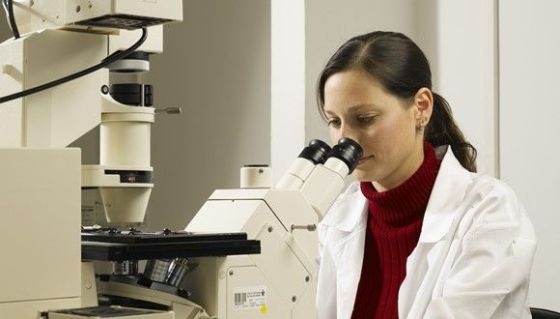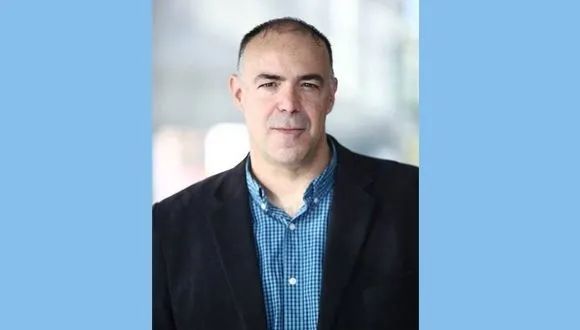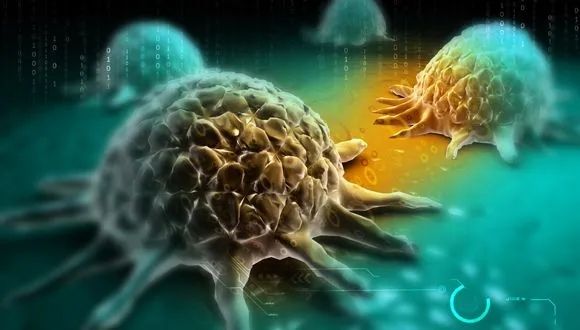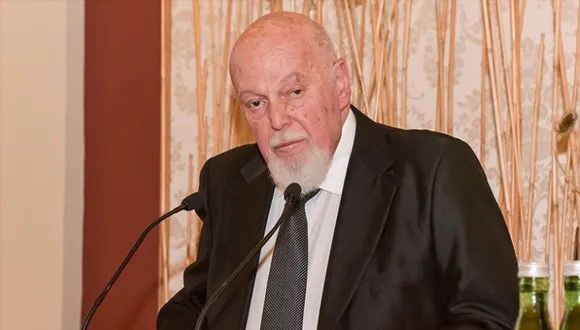
8 TAU Big ideas That Are Helping to Fight Cancer
Ground-breaking research sheds lights on disease and treatments
Cancer is the world’s leading cause of death. It is notoriously hard to combat because it refers to 150 different conditions.
Multidisciplinary teams from across the TAU campus are working feverishly to understand the disease—its mechanisms and causes—as well as to develop treatments to slow and bar its inception and spread. The University’s Cancer Biology Research Center, for example, is the largest cancer center in Israel, with more than 600 researchers and 17 affiliated hospitals. These teams also work with international researchers at the world’s top institutions.
This World Cancer Day, here are eight of TAU’s top efforts to fight cancer:
1. Zapping Tumors: Alpha DaRT radiation treatment, created by TAU Profs. Itzhak Kelson and Yona Keisari (emeriti), from the Sackler Faculty of Exact Sciences and the Wise Faculty of Life Sciences respectively, shows 100% shrinkage rate in tumors. Developed by Alpha Tau Medical via Ramot, TAU’s business engagement center, it’s the first technology to provide highly localized and effective therapy of solid cancerous growths using alpha radiation.
2. Bye-bye Biopsies: Environmental engineer Prof. Alexander Golberg, of the Porter School of Environment and Earth Sciences, and his team developed a safer and more efficient method of tumor profiling, an alternative to biopsies. It is called electroporation, the application of high voltage pulsed electric fields to tissues. In addition to avoiding the potential damage caused by excision in biopsies, this new method can garner more precise and relevant information to facilitate diagnostics and treatment decisions.
3. Vaccine for Melanoma: TAU scientists, under the direction of Prof. Ronit Satchi-Fainaro of the Sackler School of Medicine, have applied nanotechnology to prevent melanoma, the most aggressive and fatal type of skin cancer. “The war against cancer in general, and melanoma in particular, has advanced over the years…and now we have shown for the first time that it is possible to produce an effective nano-vaccine against melanoma,” says Prof. Satchi-Fainaro.
.jpg) Prof. Ronit Satchi-Fainaro
Prof. Ronit Satchi-Fainaro
4. Battling Leukemia: A new genetically encoded sensor isolates hidden leukemic cells, which may be more responsive to therapy. The sensor, invented by Dr. Michael Milyavsky of TAU’s Sackler School of Medicine and his team, could serve as a prototype for precision oncology which will help fight the deadly blood disease, for which the survival rate is “dismal.”
5. Breast Cancer Therapy: A ground-breaking study by TAU’s Prof. Neta Erez of the Sackler School of Medicine and her team pointed to a new way to increase chances of survival for breast cancer patients. The researchers discovered a mechanism by which breast cancer tumors “recruit” bone marrow cells to grow stronger; targeting these cells with new therapies could be an effective way of treating the disease.
6. Repurposing Drugs: An Israeli research team discovered that a safe, inexpensive and easily administered drug regimen can reduce cancer recurrences. Research led by Prof. Shamgar Ben-Eliyahu of TAU’s Gordon Faculty of Social Sciences and Sagol School of Neuroscience concluded that a drug regimen administered prior to and after surgery significantly reduces the risk of post-surgical cancer recurrence. The medications, a combination of a beta blocker (which relieves stress and high blood pressure) and an anti-inflammatory, may also improve the long-term survival rates of patients.
7. Blocking Skin Cancer Metastasis: TAU research revealed how melanoma spreads and found ways to stop the process before the metastatic stage. Prof. Carmit Levy and her team at the Wise Faculty of Life Sciences discovered how the disease, the most aggressive and lethal type of skin cancer, spreads to distant organs. Moreover, they found chemical substances that can stop the process and are therefore promising drug candidates.
.jpg) Prof. Carmit Levy
Prof. Carmit Levy
8. HealthTECH World Cancer Day 2020: In addition to these landmark discoveries, TAU serves as a hub for cancer research. Today, ahead of World Cancer Day, the University is hosting a national conference on the latest developments in cancer research and treatment in the fields of biotechnology, nanotechnology and medicine. The conference will take place simultaneously with similar initiatives in France, Spain, Ireland and Portugal.
Related posts







Destroying Cancer: new drug delivery system containing RNA therapy can target cancer cells in bone marrow





Operation Guardian of the Walls: Women, Young People and Residents of the South Paid the Heaviest Price



Breakthrough Gene Therapy Offers Hope for Severe Developmental Epilepsy in Children

